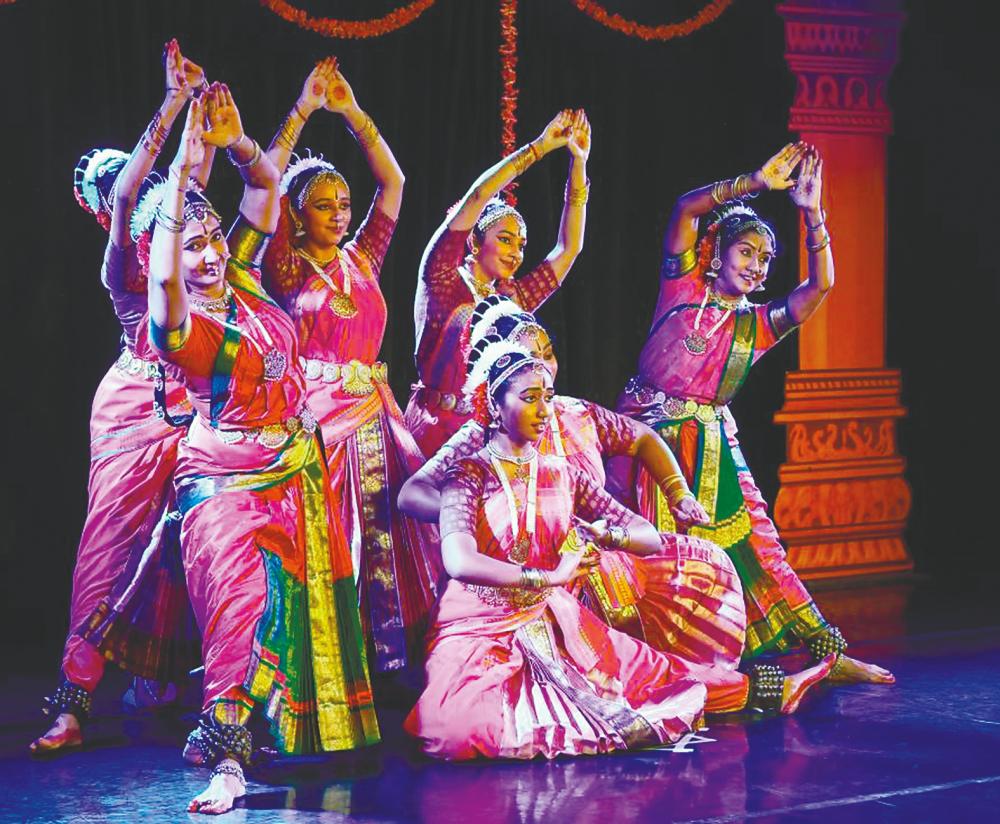PETALING JAYA: Telugu and Kannada-speaking communities throughout the world celebrates Ugadi today, which marks the beginning of their new year according to the Hindu calendar.
Telugu Association of Malaysia (TAM) honorary general secretary Sri Siva Soorianarayanan said according to the Telugu almanac, Ugadi is traditionally regarded as the day when Lord Brahma, the creator in the Hindu Trinity, formed the universe.
“This auspicious occasion is observed on the first moon of the Chaitra (lunar) month and it will be celebrated by the Telugu and Kannada-speaking communities.
“The celebration is marked as the beginning of the Vasantakalam (spring season) as it is a time when plants sprout new shoots, unripe mangoes hang from branches, neem flowers begin to bloom and farmers prepare their land for the next crops,” he said.
Based on tradition, a unique name is specified for each year when Ugadi is celebrated.
“In the Hindu calendar, the New Year in 2024 is called Krodhi, which marks the 38th year in the Jupiter cycle of 60 years. Those celebrating it will wish each other Sri Krodhi Naama Ugadi Subhakankshalu.
“The significance can be seen in its name since Yuga means era and Aadi means the beginning,” he told theSun.
Sri Siva said preparations for Ugadi start as early as a week before the celebration, when homes are cleaned and decorated, and new clothes are purchased.
On the eve of the celebration, every family member joins in prayers for their goddess in a special ceremony called the Nokalamma Panduga (Goddess Nokalamma Festival) at night.
“As for the day itself, celebrants will awaken at the crack of dawn to take an oil bath that contains a mixture of castor, coconut and mustard oils, that is specially prepared by the matriarch of the family.”
For decorations, fresh mango leaves are strung above doorways for prosperity in the new year and colourful muggu (rangoli), an intricate chalk pattern or design, will be drawn on the front porch.
“The most anticipated part of the Ugadi celebration is the Panchanga Sravanam, which are the predictions from the holy calendar and is read at temples.”
Prayers and feasts are key components of the celebrations, just as they are in other festivals.
“Celebrants will prepare one of the traditional dishes called Ugadi Pachadi, which is a mixture of ingredients that represents six tastes – bitter (neem), tangy (raw mango), sour (tamarind juice), spicy (green chilli/pepper), sweet (jaggery) as well as a pinch of salt.
“These six flavours, referred to as Satruchi, represent the variety of emotions (sorrow, joy, anger, fear, disgust and surprise) that people encounter during their lives, all of which should be welcomed along the way.”
Sri Siva said due to the Covid-19 pandemic, Ugadi has been celebrated moderately over the past three years. Hence, the Telugu and Kannada communities will be celebrating it on a grander scale this year.
“From the start of the celebration today until the end of April, all 30 TAM branches throughout the country will celebrate Ugadi with traditional music and Bharatanatyam and Kuchipuddi dances until the middle of next month.”
Sri Siva also said TAM headquarters will also be hosting a national-level Ugadi open house in June after the celebrations by all branches and the Hari Raya festivities.









